I left a piece of my heart in Albania...
This is not a tourist guide, nor an itinerary to follow step by step. It's a personal story, an emotional narrative of a journey through Albania—among nature, landscapes, and history. Yes, the description is quite lengthy, I know. But I believe every detail deserved to be told, because this land touched me deeply. If you're in the mood to lose yourself for a few minutes among hills, winding roads, and cities suspended in time... then make yourself comfortable and travel with me.
3 min read
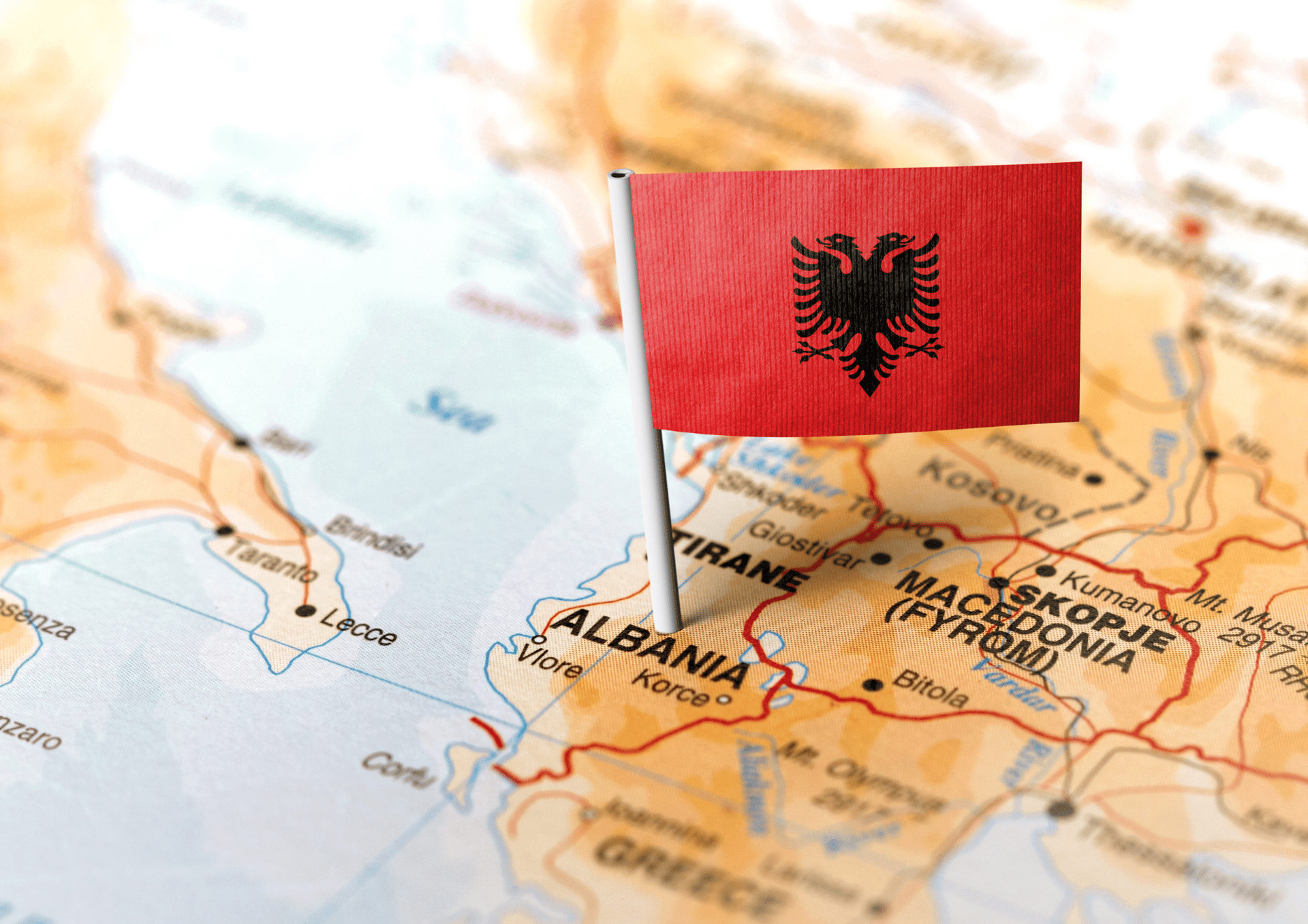
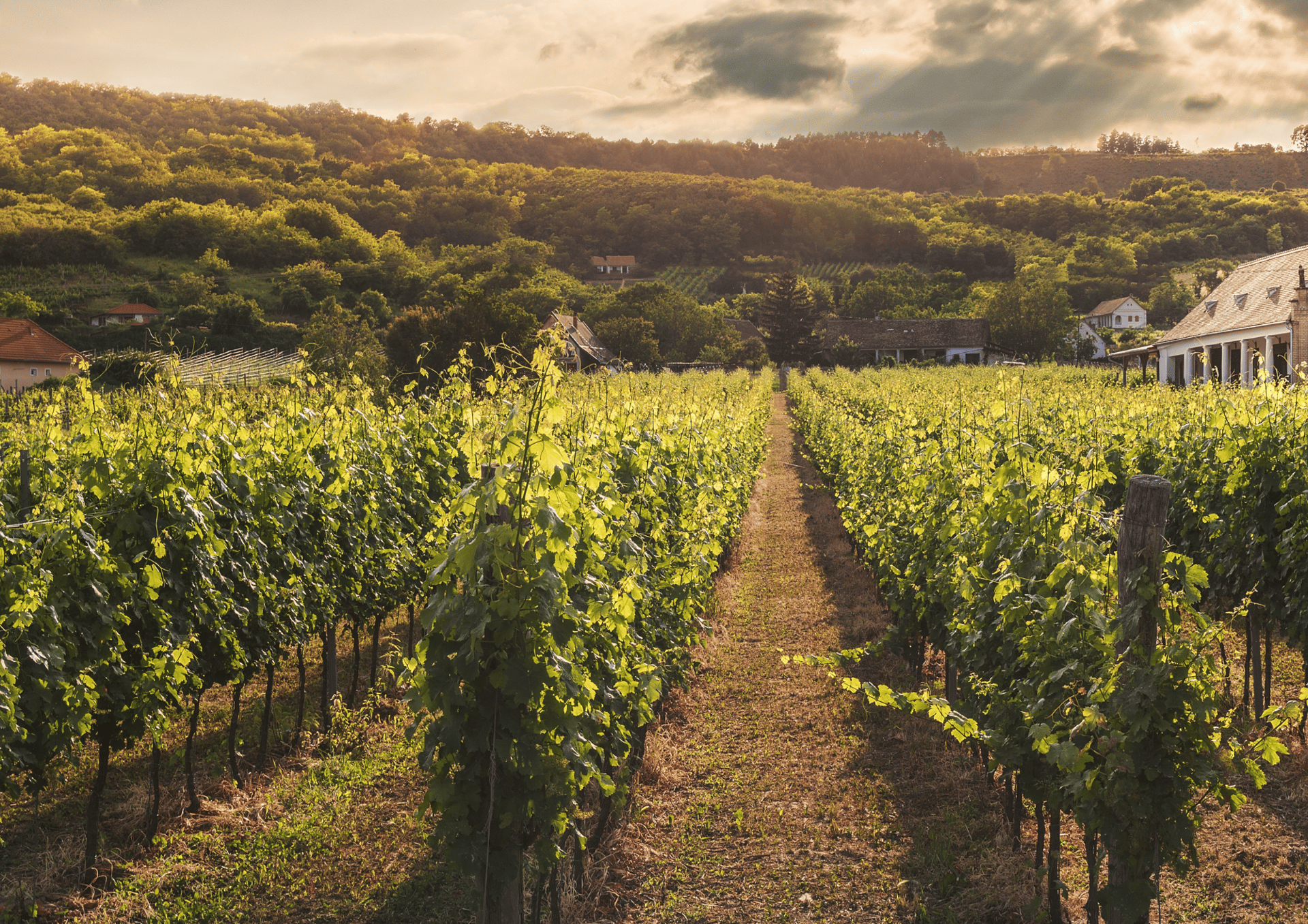
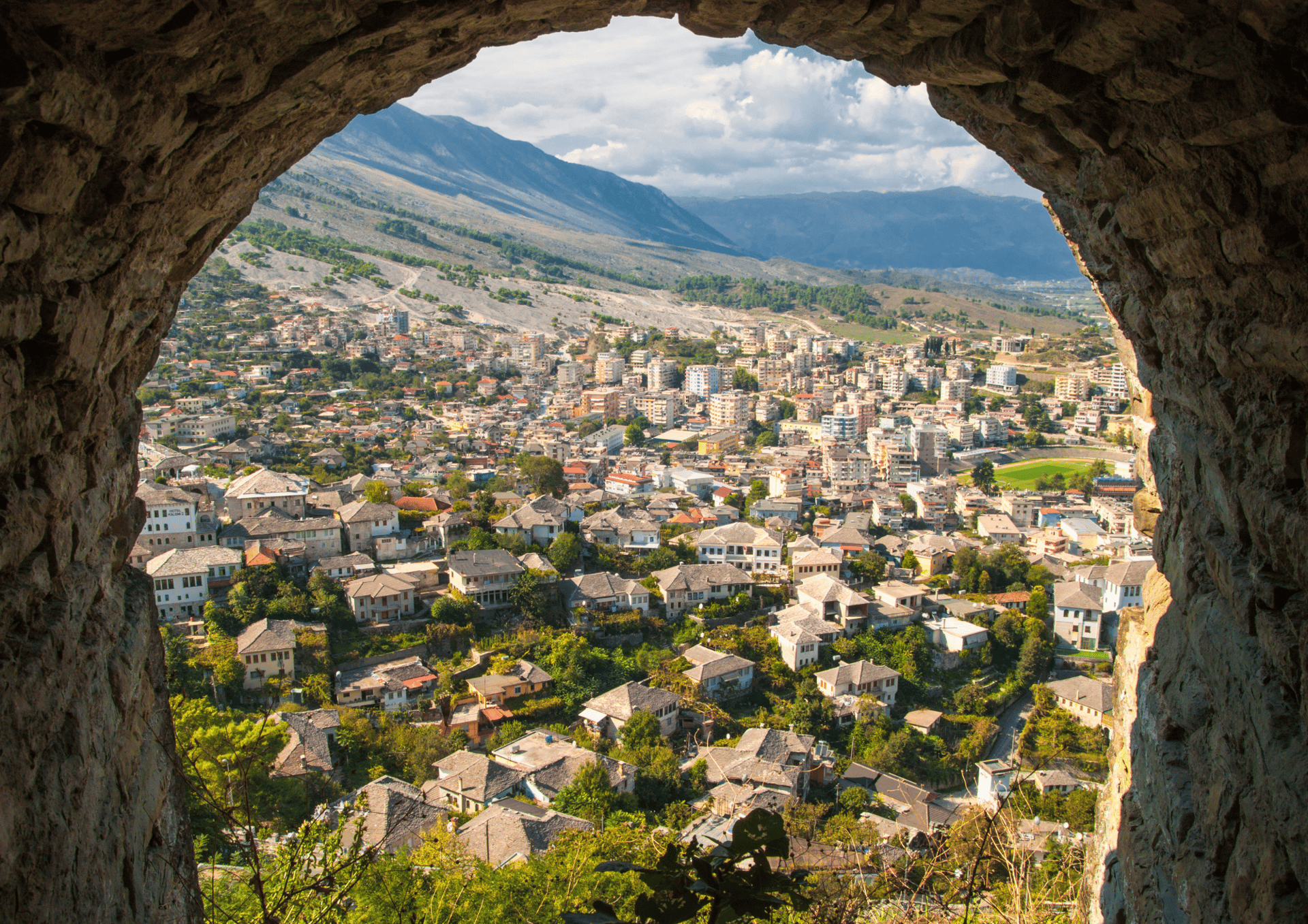
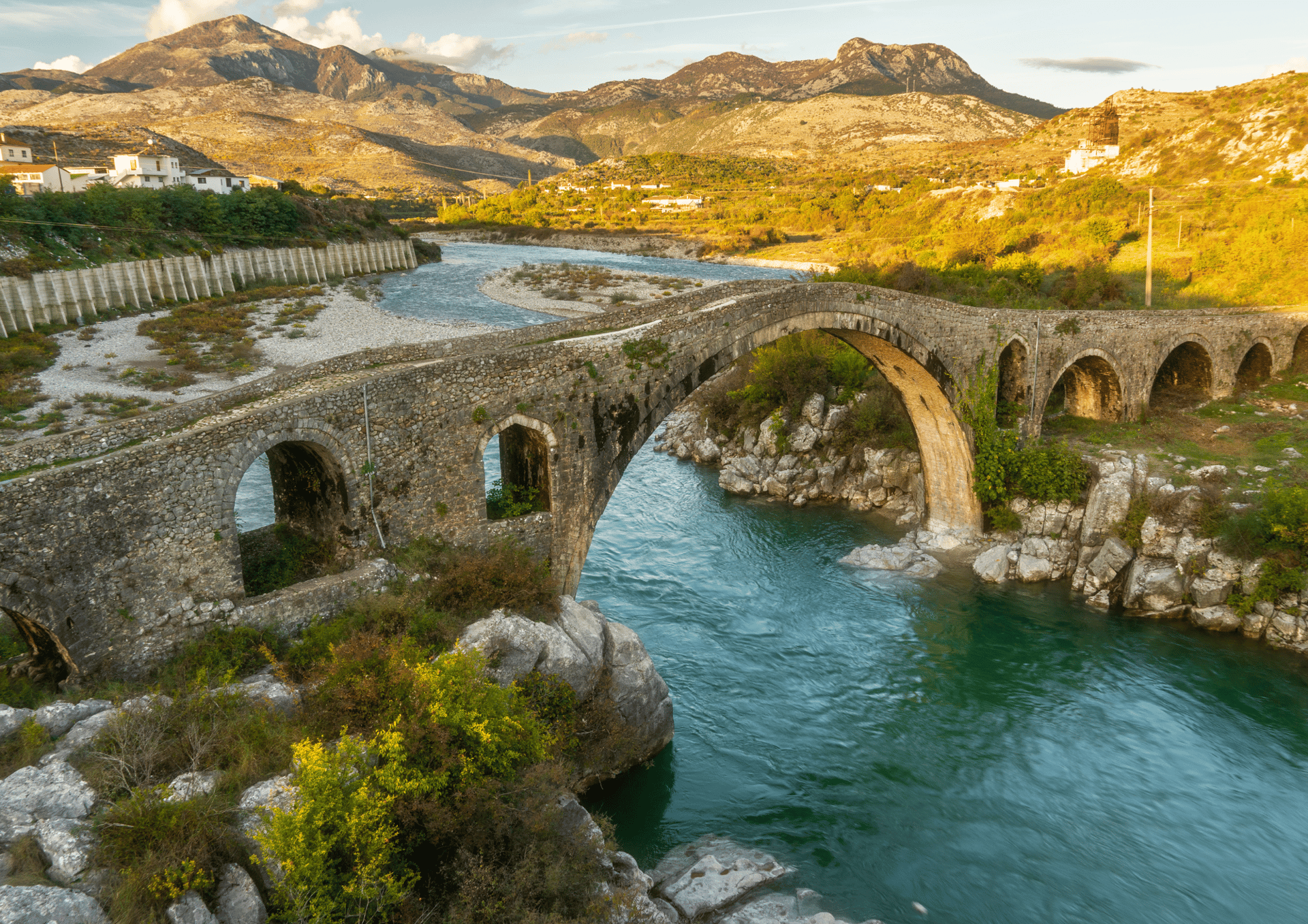
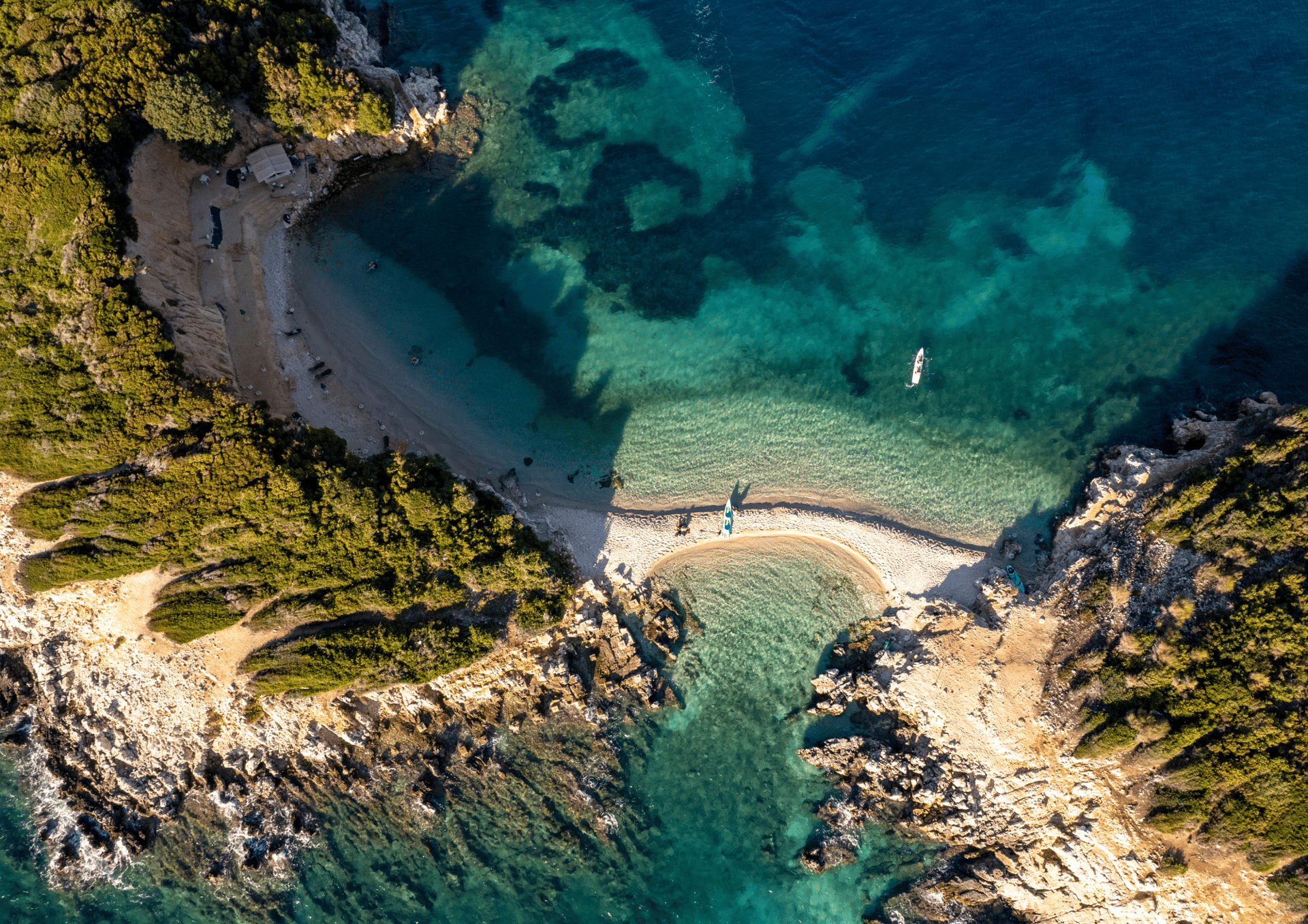
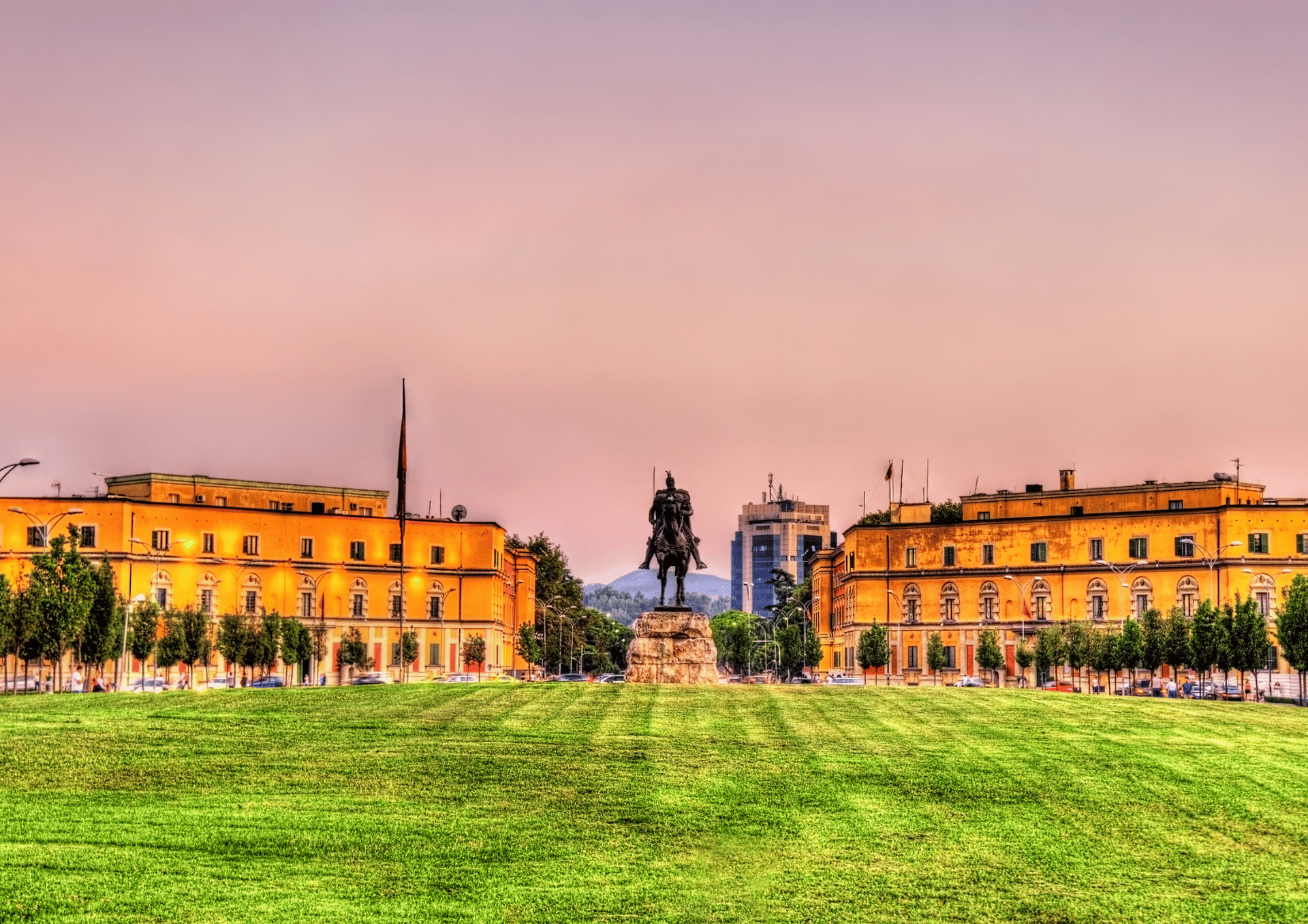
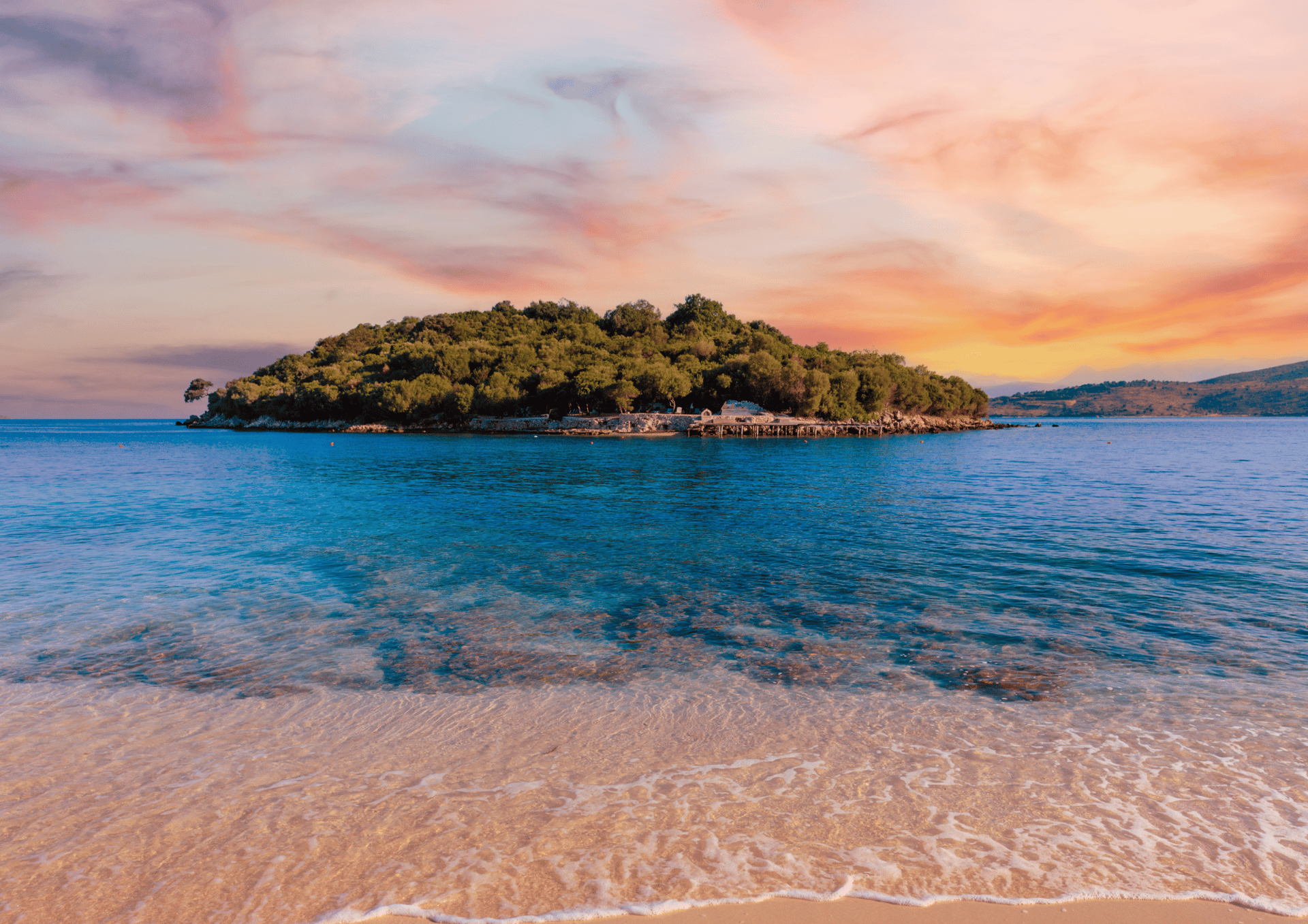

In February, my boyfriend and I landed in Tirana: I, a bit of a stranger; he, somewhat at home.
The lively air and veiled sky welcomed us to a land awaiting rediscovery.
After renting a car, we ventured into Albania's hinterland, leaving behind the capital's bustle to embrace the serenity of a surprising nature. Lush hills, dotted with orderly rows and carefully tended fields, stretched to the horizon. Each bend revealed a new shade of green, a sense of freedom, clean, vibrant air.
Arriving in Berat, the "city of a thousand windows", we were enveloped by a timeless atmosphere. Its white houses resting on the hillside, the scent of ancient wood, narrated a centuries-old story—and also a more recent, complex, and intense past that still echoed through the alleys.
Berat is not just an Ottoman gem; it's also a silent witness to the communist era, one of the harshest and most isolating periods in contemporary European history. Within those thick walls, one senses the echo of a time when Albania lived under one of the continent's most closed and repressive dictatorships. It's as if the city still bears the invisible scars of those years: a kind of gentle melancholy that blends with its beauty, giving it a unique depth.
Strolling through Berat feels like entering a dual narrative: on one side, the glory of ancient architecture; on the other, the memory of a people who resisted, who fought for their freedom and identity, and who now look forward with pride, without forgetting. One breathes a true story—a story of toil, silence, but also of rebirth.
After this profound reflection, I return to the tale...
One day, we decided to visit a nearby canyon. Two hours of driving through breathtaking landscapes and deserted roads led us to a place that took our breath away. But the real enchantment wasn't just the destination—it was the journey. Simple houses and endless fields cultivated with vines, olive trees, and fruit trees spoke of a genuine life, where everything is done with slowness, dedication, and unadorned beauty.
In the following days, we headed toward the coast. The new, winding road climbed between deep ravines and dizzying views, passing through Gjirokastër, melancholic under the February sky. Despite the gray weather, every corner seemed like a painting.
Then came Sarandë, nestled between hills and the sea. There, the air was different: it smelled of salt and summer promises. Little restaurants, intimate beaches, and a town that climbs elegantly, lively even in winter.
The true gem, in my opinion, was undoubtedly Vlorë. After two nights in Sarandë, we took an alternative route to reach it—the main one was closed—facing steep climbs and dramatic switchbacks. But the high, golden sun kissed every curve, and that turquoise sea seen from above, crystalline and sparkling, was a distant and almost unreal spectacle. Vlorë welcomed us with its endless, orderly, and lively seafront, well-kept gardens, and an atmosphere that already felt like summer, even in the heart of winter. Seaside restaurants, music in the air, laughter, and the scent of grilled fish wafting through the streets.
Climbing back up the coast, we passed through Dhermi, Himarë, Tepelenë, and finally Durrës, another seaside pearl. Time was short, but a single glance was enough to fall in love with that infinite blue.
I want to dwell on an aspect that truly surprised me: the flavors of Albania, a real discovery. Every dish told the story of the land: fresh ingredients, real, genuine flavors, like those of the past. Nothing was artificial. You could feel that every tomato, every olive, every piece of bread was the result of expert and patient hands. And all this at an unthinkable cost for those accustomed to the inflated prices of European metropolises.
But Albania isn't told only through its dishes; it also reveals itself through a broad, rooted, proud culture. A deeply patriotic country, where national identity is strongly felt, never flaunted. Every corner has a story to pass down, every person a pride to share. Traditional music, with its intense and sometimes melancholic rhythms, still accompanies festivals and celebrations. Customs and traditions aren't postcard folklore; they're a living part of daily life. In Albania, roots aren't forgotten; they're cultivated. And perhaps it's this deep connection to one's history, combined with the strength to look ahead, that makes Albania such a special country.
This is what touched me the most: inland Albania is a leap into the past, a place where time flows more slowly, where life is still marked by nature's cycles and not by the rush of the market. It's a land little touched by tourism, and precisely for this reason wonderfully authentic. It forces you to look within, to reflect on how true simplicity is a treasure we too often forget, obscured by a world that moves too fast and wants too much, too soon.
From this brief vacation, I'll carry in my heart every detail: the deserted roads, the gentle smiles, the crystalline sea, the authentic flavors, and the traditions. Albania enters your heart with its sincere beauty, leaving an indelible memory that never fades.
Did it make you want to leave?
What do you think? Comment and share!
A journey into the authentic heart of Albania
Scopri guide e consigli per viaggiare meglio.
contacts
© 2025. All rights reserved.


